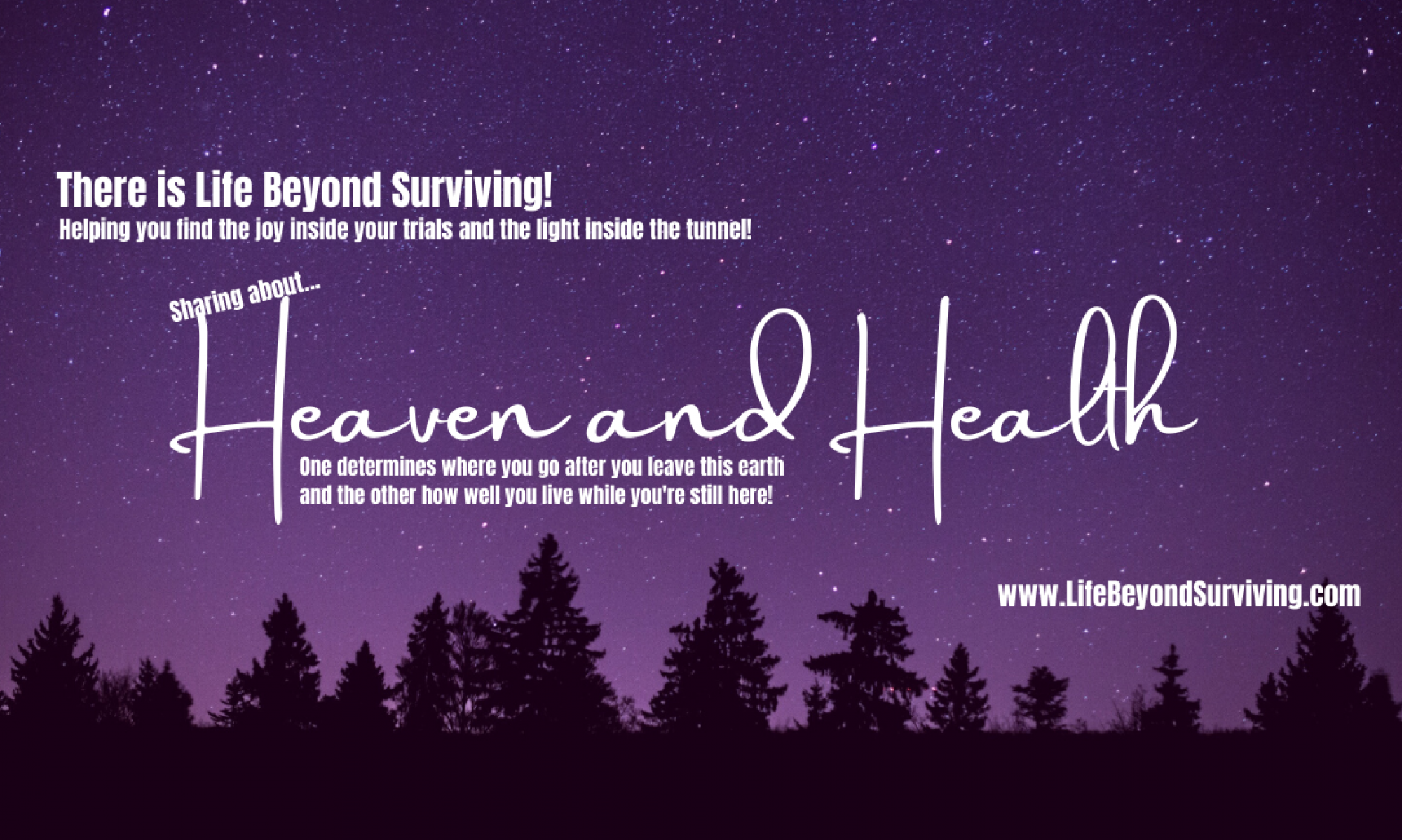 This series is quickly coming to a close. This week’s step is all about listening to your body. If your issues are health-related (or even if they aren’t), trials can bring with them overwhelm and that means getting fatigued. It’s important to keep your energy up when you’re in trial so you can better handle what life likes to throw at you. Here’s what I wrote initially:
This series is quickly coming to a close. This week’s step is all about listening to your body. If your issues are health-related (or even if they aren’t), trials can bring with them overwhelm and that means getting fatigued. It’s important to keep your energy up when you’re in trial so you can better handle what life likes to throw at you. Here’s what I wrote initially:
17. Schedule naps or take them when you need them
Sounds like a no-brainer, but chronic illness usually means we get sleepy or tired–especially at about 3pm. I used to schedule a nap around that time because I knew I would be good for nothing unless I did. Sometimes I have to be flexible and nap at 9am if I wasn’t able to sleep much the night before. Now this works out great if you don’t work or work from home. Those of you who work outside the home, will not find this helpful unless your boss is okay with your head down on your desk at 3pm every day.
It’s not just naps, but finding ways to keep your energy up during trials that can be very tricky so here’s some things to watch out for that can cause more fatigue:
- Skipping meals
- Not eating healthy meals
- Eating on the go
- Poor snacking between meals (choosing the chocolate donut instead of something that will nourish your body)
- No snacking between meals (it’s more healthful to eat every three hours to keep nourished and it actually helps you maintain your weight)
- Not eating big meals (Big meals can make you sleepy, especially if you have a lot of turkey or something with tryptophan in it)
- Not getting enough sleep at night whether insomnia or not scheduling yourself enough downtime.
- Not taking time to de-stress which can cause an energy crash before too long and usually at a most inopportune time.
- Not taking care of an underlying health issue. (See an internist or specialist if you have insomnia, thyroid issues, adrenal issues, etc. I finally got my insomnia mostly handled with a prescription and now my health issues are mostly controlled and I have more energy)
What things ZAP your energy? What steps can you take to minimize or overcome them?









